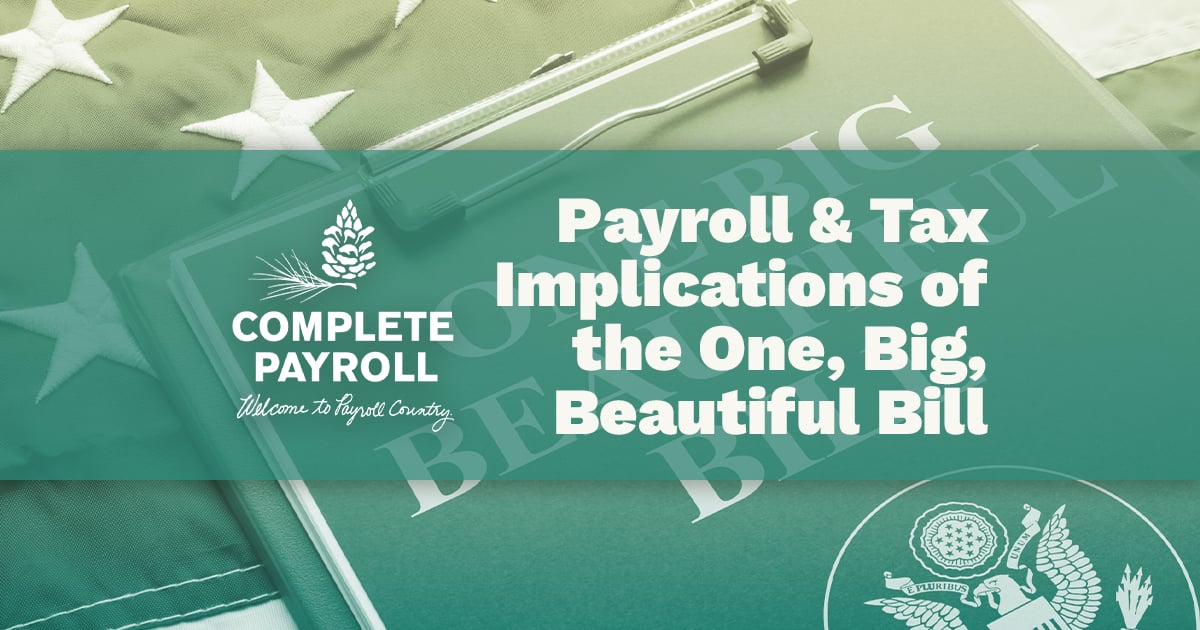
So your small business is doing really well. Congratulations! Now it’s time to consider how you could grow your business if you had some help. But should you hire contractors or employees?
The Pros of Hiring an Employee
According to Black’s Law Dictionary, an employee is a person who works in the service of another person under an express or implied contract of hire, under which the employer has the right to control the details of work performance.
When you hire an employee, you gain the ability to directly control that person’s work during work times. You can also control training of that employee and require that the person work only for you. Obviously there are advantages to being able to control a person’s work and keep them directed towards bettering the company.
Additionally, employees have more buy-in with company culture. They are more likely to be vested in the success of the company because it has a direct effect on their own future. Employees are more likely to be a part of company events and charity projects.
The most successful businesses have people who are repositories of company knowledge. Employees are the people who gather knowledge over time and build relationships with clients and vendors.
The Pros of Hiring a Contractor
Contractors provide flexibility in meeting project needs. All businesses experience ups and downs in project loads. During slow times there is an expense to carrying employees. Hiring contractors during busy periods reduces the need to carry employees when things slow down again. Contractors provide the extra hands to meet the extra project load that employees can’t handle in addition to their regular work load.
Contractors can also help fill the need for specific expertise. When a project comes along that falls outside the usual scope of business, it doesn’t make sense to hire a new full-time employee to cover something that may not come up again. Hiring a contractor with a specific skill set to meet the needs of the project is more beneficial.
Contractors can help reduce paperwork and administrative costs. Typically, contractors don’t receive the benefits of medical and dental insurance, retirement plans, and pensions. This cost savings means that contractors usually cost less than hiring an employee to fill the same role.
The Cons of Hiring an Employee
Employees have certain legal protections and obligations for the employer. Employers are responsible for tax collection from an employee’s wages and under FICA regulations the employer must pay half of Social Security and Medicare contributions. Employees are also subject to unemployment and workers compensation insurance.
The Cons of Hiring a Contractor
Contractors typically don’t have the vested interest in the company that employees have. Contractors are more focused on the project for which they were hired, not on the long term growth and success of the company.
Shifting Trends in Employees vs. Contractors
With the explosive growth of the on-demand economy, many companies have launched with just a few key employees and a workforce mainly composed of contractors. For example, by 2014, Uber had 160,000 drivers in the United States, all of them classified as contractors. However, a string of ongoing lawsuits may end up turning the tide on this hiring practice.
So... Who Should I Hire?
In general, the decision to hire an employee or a contractor comes down to the nature of the role to be filled.
You should consider hiring an employee if:
-
The work needs to be done under closer supervision
-
The tools and equipment of the work need to be under your control
-
The role needs to be long term
-
The role is essential to the business rather than a peripheral project
You should consider hiring a contractor if:
-
The work is not essential to the mission of the business, such as office cleaning
-
The work can be done by a professional with little supervision
-
The work is a short-term and specific project
-
The work requires expertise that is not a normal scope of the business
Hiring an employee or a contractor basically comes down to the specialties of the role to be filled and how you see the role evolving in the future. Do you have questions? Complete Payroll has answers. Click here to learn more today!
Check out our comprehensive employer's guide to payroll taxes - a structured and simple overview of what employers need to know about the taxes that flow through payroll - on both the employer and employee side.


















 Get Instant Blog Notifications
Get Instant Blog Notifications


